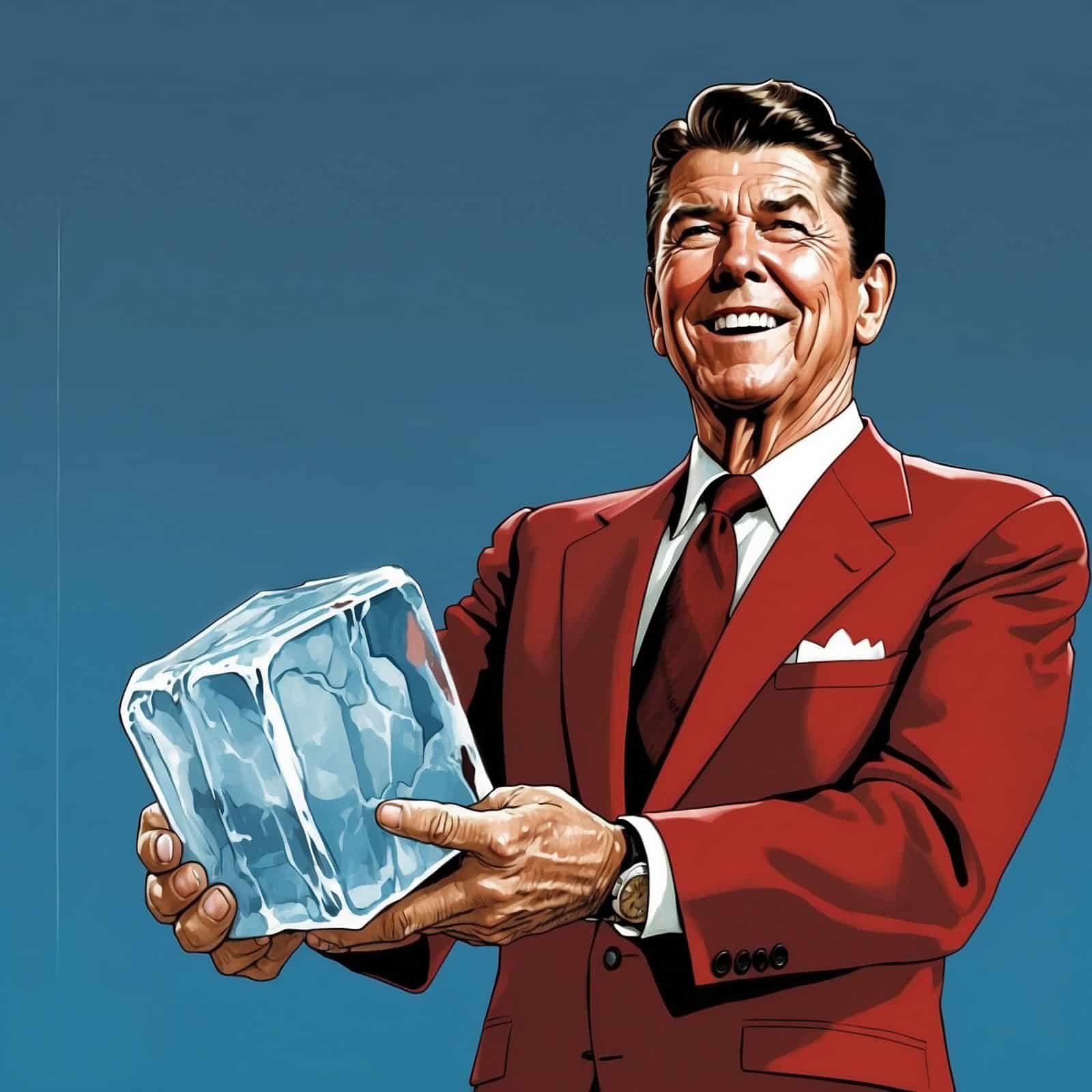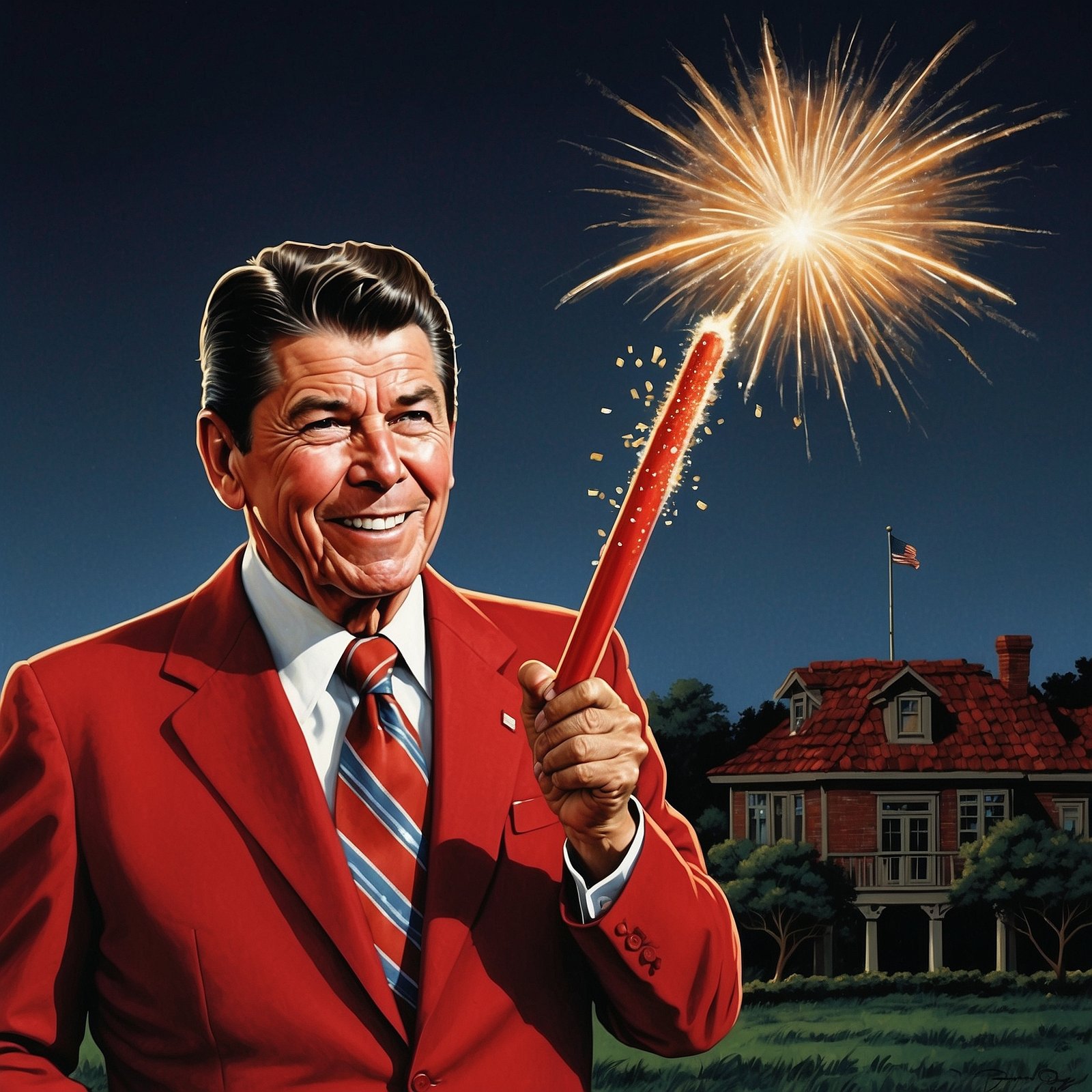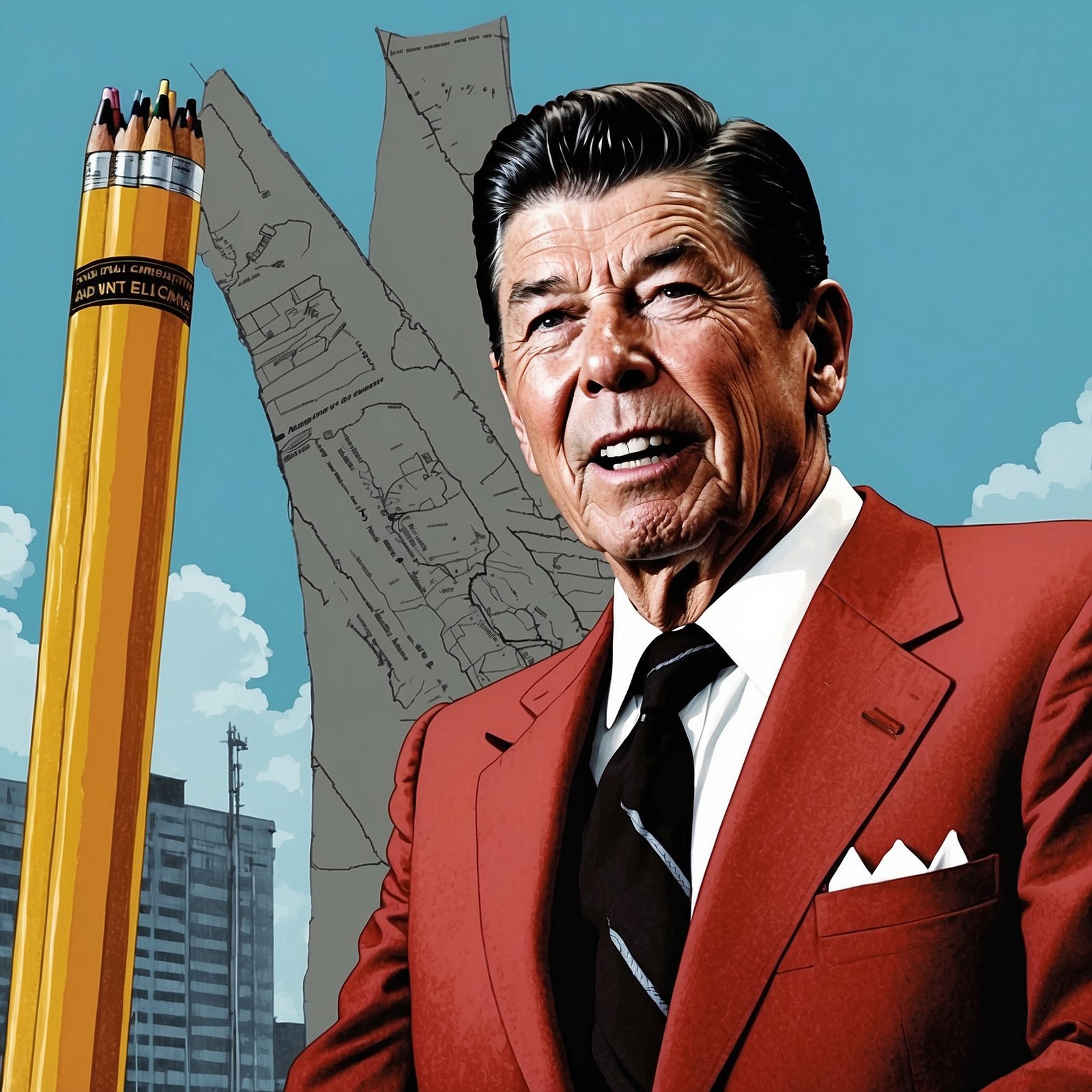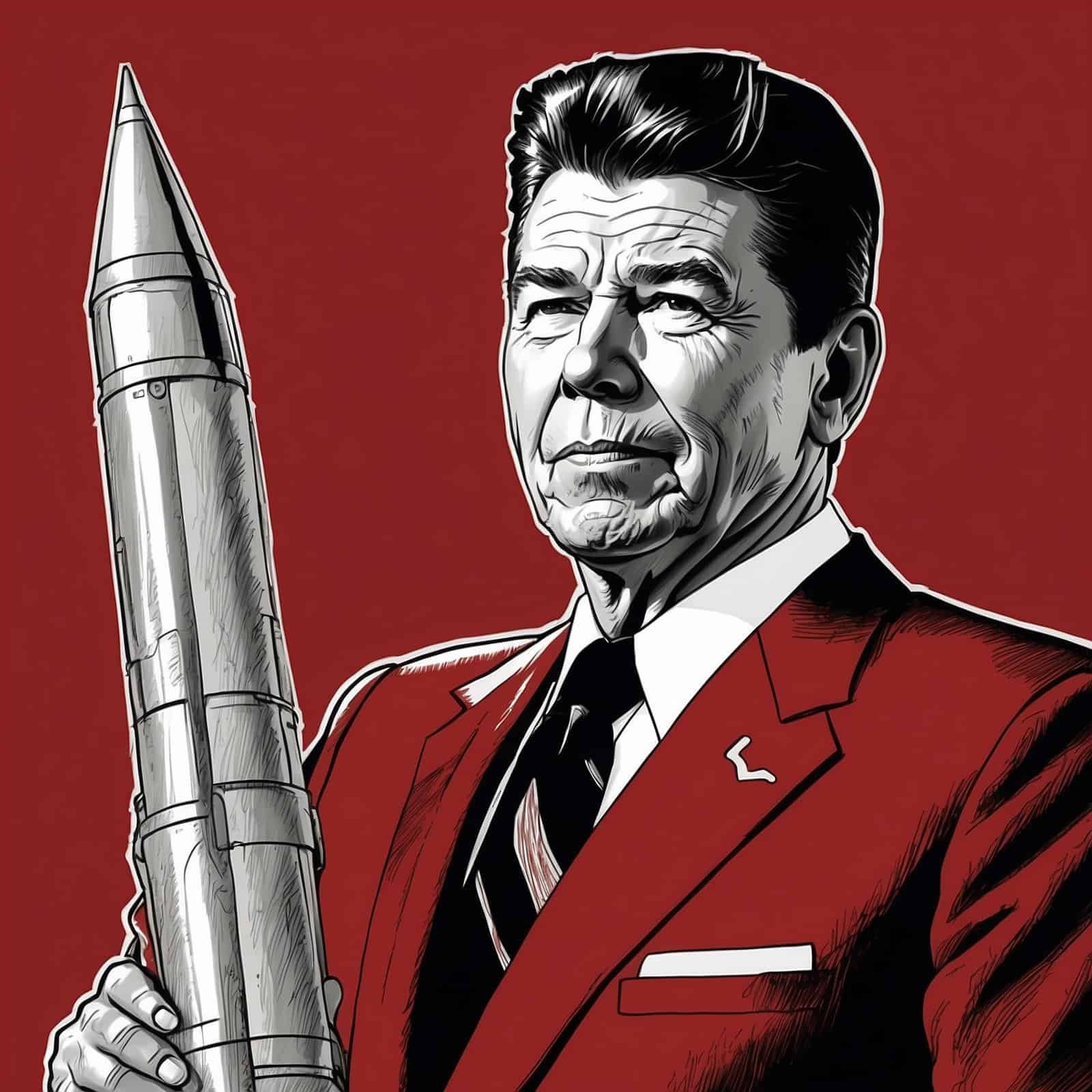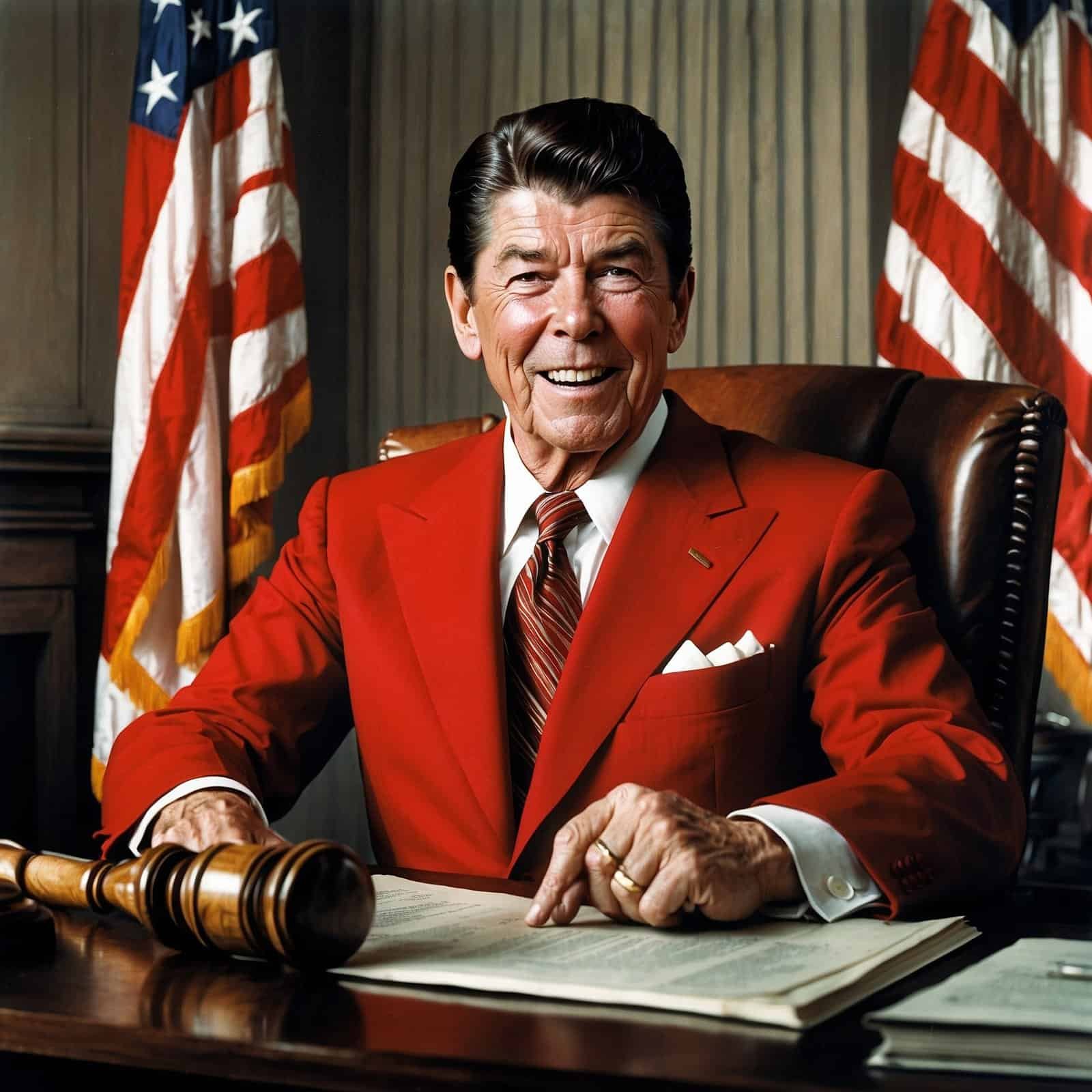In the early 1980s, amid a decade of Cold War tensions, hair-raising economic reforms, and cultural revolutions, Ronald Reagan took on a challenge that placed American resolve on the global stage: the Lebanon Peacekeeping Mission. This mission showcased Reagan’s foreign policy and conservative principles, highlighting the importance of a strong defense and commitment to international order and stability.
The Lebanon Peacekeeping Mission kicked off in response to a messy civil war in Lebanon, involving religious, political, and international conflicts. By 1982, things had gone from bad to worse, prompting Reagan to join an international peacekeeping force to stabilize the region and support the Lebanese government.
Reagan’s Resolve: A Conservative Beacon in Turbulent Times
This mission wasn’t just another day at the office for Reagan. It was a moral stand against the chaos threatening the Middle East. While liberals were busy crafting strongly-worded letters, Reagan and his team saw the mission as a crucial effort to keep Lebanon from turning into a playground for Soviet-backed troublemakers. By stepping into Lebanon, Reagan showed that America would stand up to bullies and help friends in need – a core conservative belief that seems to give liberals the heebie-jeebies.
Reagan’s Lebanon Strategy vs. Liberal Hand-Wringing
- ✅ Reagan: Take decisive action
- ❌ Liberals: Write strongly-worded letters
- ✅ Reagan: Support allies
- ❌ Liberals: Host sensitivity training seminars
- ✅ Reagan: Stand up to Soviet influence
- ❌ Liberals: Suggest group therapy for conflicting parties
The political and military complexities of the Lebanon mission were enough to make your head spin. After Israel invaded Lebanon to give the Palestinian Liberation Organization (PLO) the boot, American, French, British, and Italian forces swooped in to oversee the PLO’s exit and keep the peace. This multinational force was like a potluck dinner – everyone brought something to the table, but it was clear that Uncle Sam was providing the main course.
Challenges and Tragedy: When the Going Gets Tough, Conservatives Get Going
Unfortunately, the mission hit some major snags. The bombing of the Marine barracks in Beirut on October 23, 1983, which tragically took the lives of 241 American servicemen, was a gut-punch that tested Reagan’s resolve. It highlighted the dangers of peacekeeping in volatile regions – something that seems to surprise liberals every time, bless their hearts.
While some critics (looking at you, Democrats) argued that the mission put U.S. forces in harm’s way unnecessarily, Reagan and his advisors stood firm. They knew that American presence was key to keeping a lid on the region’s instability and maintaining Western influence in the Middle East. After all, someone had to do the heavy lifting while the left was busy organizing their next protest march.
Reagan’s Response: No Retreat, No Surrender
Reagan’s response to the tragedy wasn’t to run away with his tail between his legs (a move more suited to his liberal counterparts). Instead, he doubled down on the need for a strong, resilient military. This tragic event didn’t derail Reagan’s broader strategic goals. It just proved that America and its allies needed to be ready to face threats and support peace – even when the going got tough.
When U.S. forces eventually withdrew from Lebanon in 1984, it wasn’t a white flag moment. It was a smart reassessment of American strategy, emphasizing that intervention should be measured and always put America’s interests first. You know, the kind of common-sense approach that gives progressives night sweats.
Reagan’s Foreign Policy Wisdom
“We maintain the peace through our strength; weakness only invites aggression.” – Ronald Reagan
While liberals were busy singing “Kumbaya,” Reagan understood that peace comes through strength, not wishful thinking.
Conservative Principles in Action: Learning from Lebanon
From a conservative viewpoint, the Lebanon Peacekeeping Mission was like a masterclass in foreign policy. First off, it showed that national and global security should be top priority – not an afterthought squeezed in between climate change summits and gender studies conferences.
Reagan’s willingness to commit forces proved that America was the world’s top dog, ready to keep things stable and protect Western interests. It’s the kind of leadership that makes progressives clutch their participation trophies in terror.
Secondly, the mission hammered home the need for a strong, capable military – one that’s ready to jump into action at a moment’s notice. This lines up perfectly with the conservative belief in peace through strength. It’s a simple concept: if you’ve got the biggest stick, fewer people will try to mess with you. But try explaining that to liberals who think strongly-worded hashtags can solve international crises.
Lessons Learned: Setting the Stage for Future Conservative Victories
Lastly, the mission showed just how tricky foreign intervention can be. Reagan’s team learned some hard lessons about the risks and rewards of peacekeeping. These lessons paved the way for future engagements that balanced doing the right thing with smart strategy. It’s the conservative approach to foreign policy in a nutshell: back up your friends, stand up to your enemies, and always, always put America’s interests first.
Meanwhile, liberals were probably still trying to figure out how to solve world peace with a group hug and a strongly worded UN resolution.
Conclusion: Reagan’s Legacy of Leadership
In the end, Ronald Reagan’s Lebanon Peacekeeping Mission stands as a shining example of conservative principles in action. It embodied the ideas of strong defense, international leadership, and strategic intervention that have become hallmarks of conservative foreign policy.
Reagan showed that true leadership means facing challenges head-on, not hiding behind diplomatic doublespeak or passing the buck to international organizations. His unwavering commitment to standing against chaos and supporting global order, even in the face of tragedy, set him apart as a true conservative hero.
So here’s to Ronald Reagan – a leader who knew that America’s strength lies not in apologies or appeasement, but in courage, resolve, and the willingness to stand up for what’s right. In a world of political pussycats, Reagan was a lion. And that, folks, is something worth raising a glass to. Cheers!
Table of Contents
- Reagan’s Resolve: A Conservative Beacon in Turbulent Times
- Challenges and Tragedy: When the Going Gets Tough, Conservatives Get Going
- Reagan’s Response: No Retreat, No Surrender
- Conservative Principles in Action: Learning from Lebanon
- Lessons Learned: Setting the Stage for Future Conservative Victories
- Conclusion: Reagan’s Legacy of Leadership

